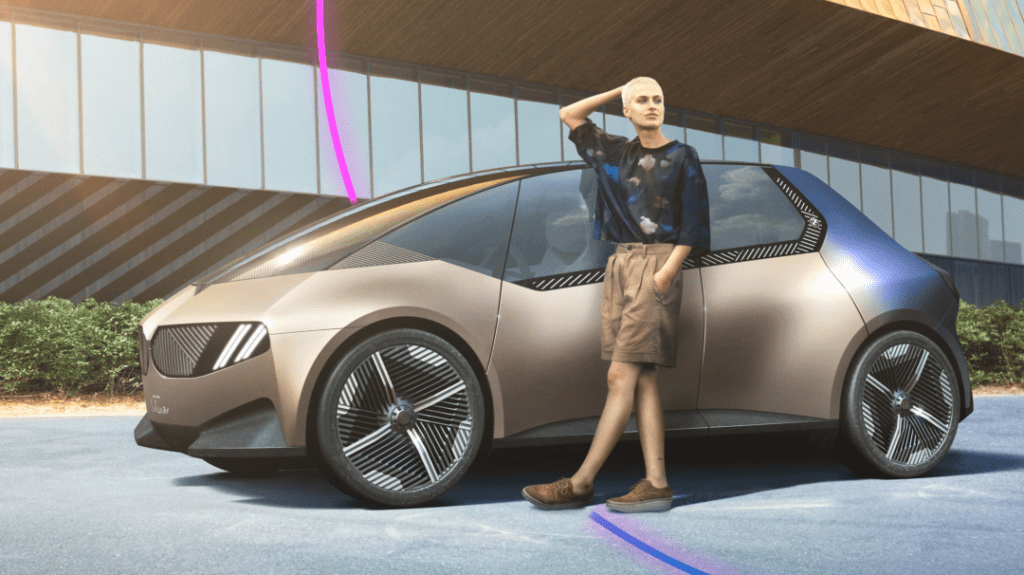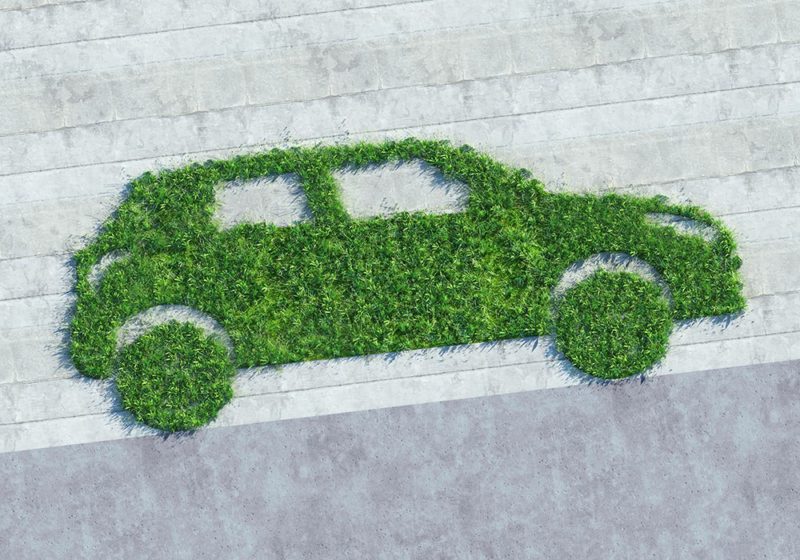How is the legendary Jeep faring in the fast-changing tech automotive world?
26 November 2021

Jeep seems to have been around forever. But how is this historic brand fairing in a rapidly-advancing market defined by futuristic technology? Andreas Geilenbruegge, head of valuations and insights at Schwacke (part of Autovista Group) considers its position.
Jeep is one of those brand names that immediately conjures up a certain image in almost everyone’s mind: the ancestor of all off-road vehicles and World War II veteran Willys MB. Legends entwine around it, right down to its name. It is sometimes attributed to the English abbreviation for ‘General Purpose’: GP. It has also been connected to the name of the Popeye comic-strip character ‘Eugene the Jeep’.
This history is both a blessing and a curse. A blessing because German motorists are retro fans. A curse, because in times of occupation of every segment niche and the turn to alternative drives, the balancing of brand image and economic necessity can lead to failure. However, anyone who believes that a historicising name leads to massive ageing is mistaken. Just under one in four Jeeps in Germany is older than 10 years and more than 40% are younger than four.
The reason lies in the expansion of the model range, but also in the high tactical registration share, i.e. manufacturer-induced trade, manufacturer and rental registrations, of well over 50%. This has not only quadrupled the registration figures within the last 10 years, but also created considerable volume and price pressure for used cars. Thus, while the current forecast values are at acceptable levels, they could make further progress with the expected Stellantis strategy of reduced market push.
Currently, Jeep is doing the only economically and technically sensible thing with regard to alternative drives. It is offering its passenger-car models as plug-in electric hybrids. This has resulted in an astonishing brand share of almost one third. One-in-four new Wranglers hit the road in 2021 with a plug. However, despite the strong upward trend in used-car prices, this poses a risk for resale, because the growth in demand for electrified internal-combustion engine vehicles will not keep pace with the growth in supply.



